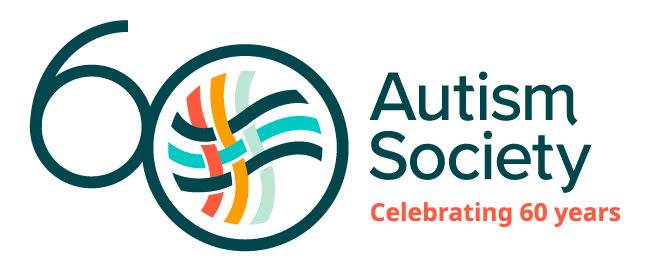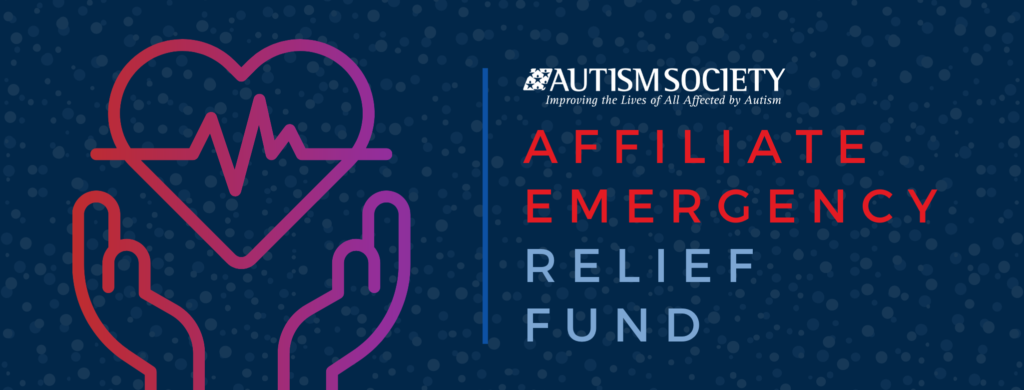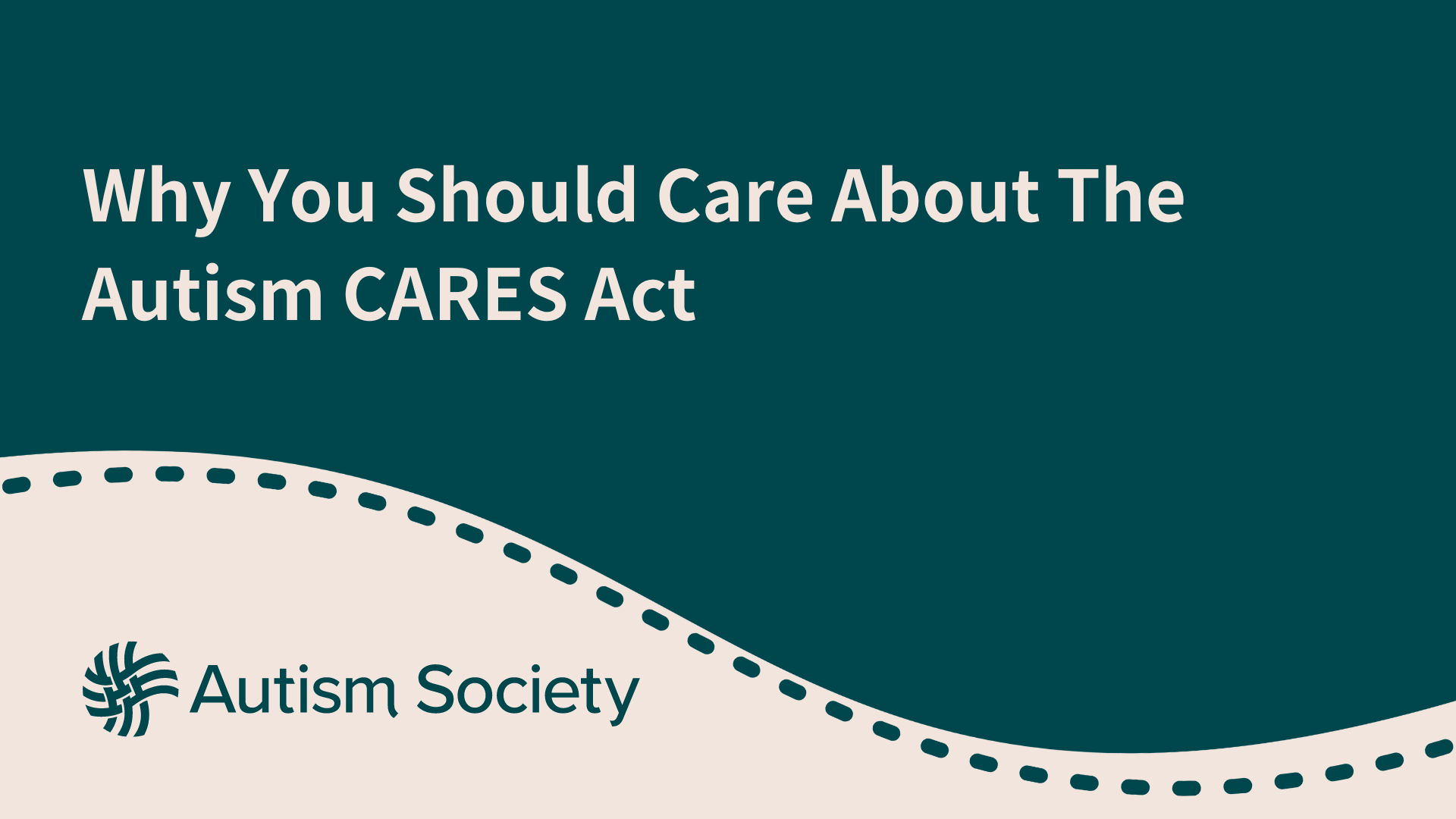
In this issue of Capitol Connection, see an update on the continuing resolution that is headed for the President’s desk, new bills introduced related to respite care and education, $200 million in funding for housing announced, an opportunity to provide comments on subminimum wages, and more. Please use the Autism Society’s Action Center to educate your Members of Congress to support funding for Autism related programs.
Congressional Updates
Budget and Appropriations
On Tuesday evening, the House of Representatives overwhelmingly passed a continuing resolution that avoids a government shutdown at the end of the week. The Senate passed it on Wednesday. The CR is now on the way to the President’s desk for his signatures. The extension has two different expiration dates. Funding for agencies covered by the Military Construction-VA, Agriculture, Energy-Water, and Transportation-HUD bills would be extended to January 19, and the agencies covered by the other eight annual appropriations bills, including the Labor-HHS-Education agencies, would be extended a little longer, to February 2. While House and Senate Democrats were not happy with the bifurcation of the funding bill, they did not come out against the proposal. The good news is that the proposal does not make the steep cuts that some members of Congress were pushing. It would provide level funding at FY 2023 levels. The proposal does not contain any emergency funding, which will have to be passed separately.
Meanwhile, the House debated amendments to the funding bill for programs within the Departments of Labor, Health and Human Services and Education on Tuesday but delayed votes until after Thanksgiving. If this bill is to pass, it sets up a difficult conference with the Senate, whose bill provides significantly more funding for programs within these departments (the House bill cuts funding by 28 percent). The Autism Society is monitoring these negotiations closely and urging Congress to fund programs that support individuals with Autism and families at the highest possible funding levels.
Lifespan Respite Care Program Reauthorization Introduction
Rep. Marcus Molinaro (R-NY) and Rep. Tony Cardenas (D-CA) introduced a bipartisan bill (HR 6160) to reauthorize the Lifespan Respite Care Act through 2028. The program is currently authorized until 2024. The Lifespan Respite Care Act was established in 2006 to provide respite services for family members and caregivers of individuals with disabilities and chronic conditions. There is currently no Senate companion bill.
Tax Package Negotiation
An end-of-the-year bipartisan package of tax provisions is currently being debated in Congress. Advocates are continuing to push Congress to include an expansion of the child tax credit in any package that cuts taxes for businesses. The Center on Budget and Policy Priorities released a new report on the need to expand the child tax credit and different ways in which policymakers could improve upon the program. The current child tax credit program leaves 19 million children unable to access full benefits because their family’s income is too low. The program must be updated to ensure the poorest of families can access the full benefit. When the American Rescue Plan Act expanded the child tax credit, it was estimated to have cut child poverty rates in half.
Paraprofessionals Bill of Rights Resolution
On November 6, Senator Edward Markey (D-MA) introduced the Paraprofessionals and Education Support Staff Bill of Rights. This resolution calls for fair wages with opportunities for lateral movement and training, as well as access to benefits for paraprofessionals and support staff such as janitors and bus drivers in schools. Nationally, there is a shortage of paraprofessionals but also a shortage in the availability of training for these individuals. This resolution would assert that training must be available for professionals to be employed and to grow within their profession. The Autism Society supports this resolution.
Administration Updates
ADA guidance
On October 31, 2023, the Justice Department issued guidance to explain how the Americans with Disabilities Act (ADA) applies to state and local government’s employment and day services. The Justice Department’s Civil Rights Division has issued this guidance to help state and local governments understand their nondiscrimination obligations and people with disabilities understand their rights under federal law in this area. The guidance provides an overview of the ADA, the ADA’s integration mandate, and the types of employment and day services that are often offered to people with disabilities. It then answers nine questions about how the ADA applies to those service systems. This guidance can be used to advocate for integrated employment opportunities in your state.
IDEA Technical Assistance Network
The Office of Special Education Programs (OSEP) released a new resource that outlines OSEP-funded centers, including the new centers funded in Federal Fiscal Year 2023, that help support the implementation of the Individuals with Disabilities Education Act and provide technical assistance services to families, schools, districts, and states. The resource identifies the focus for each of the centers as well as the website to find all of the information the center produces. These centers are critical in supporting local education agencies to ensure they are providing the highest quality of education to students with disabilities.
New Housing Funding for People with Disabilities
The U.S. Department of Housing and Urban Development announced $212 million available through the Section 811 Supportive Housing for Persons with Disabilities program. This program subsidizes housing for individuals with disabilities who have very low income. Half of the new funds will go to grants for nonprofits developing new or improving existing supportive housing for low-income people with disabilities and focusing on keeping it affordable. The remaining money will be used for grants to housing state agencies to subsidize rental costs. Nonprofits and housing agencies have until February 11, 2024, to apply for the funding. Contact your local and state housing agencies to urge them to apply.
Medicare Physician Schedule Finalized
The finalized updated Medicare Physician Fee Schedule from the Centers for Medicare and Medicaid Services (CMS) includes caregiver training services. The Autism Society of America signed a letter developed by the AARP urging CMS to retain these provisions in the final rule. This rule allows healthcare professionals to be paid solely for time spent training family caregivers. For more information on the final rule, see the CMS fact sheet.
Subminimum Wage Listening Session
The Autism Society of America provided comments, along with other national disability organizations, at one of a series of listening sessions at the U.S. Department of Labor (DOL) on the use of subminimum wage certificates (see also Nov. 2 Capitol Connection). The American Association of People with Disabilities (AAPD) summarized the remarks of all the organizations represented at the meeting and sent it t to the DOL leadership. The letter outlines the reasons why the discriminatory practice of providing subminimum wages should end. The DOL hosted its final listening session on November 15.
Military Family Education Resources
In a letter from the Office of Special Education Programs Director Valerie C. Williams addressed to state directors of special education, she emphasized the need to help support military-connected children with disabilities and their families through the numerous educational and life transitions they may face. Families of military-connected children with disabilities may have the added challenges of frequent separation from family and support networks and disruptions in the continuity of early intervention services and special education and related services under the Individuals with Disabilities Education Act (IDEA) because of frequent transitions. This collection of resources can help to support states, parents, families, and others to meet the unique needs of military-connected children with disabilities and ensure the timely provision of required early intervention and special education and related services.
Additional Resources
Public Policy Fellowship Opportunity
The Joseph P. Kennedy, Jr. Foundation is seeking an exemplary professional, a person experiencing disability, or a family member of someone with intellectual or developmental disabilities to serve as a 2024 Public Policy Fellow in Washington, DC. The Joseph P. Kennedy, Jr. Foundation Public Policy Fellowship is a one-year, full-time, intensive immersion experience. Fellows are assigned for a full year to actively participate in public policy development in the offices of a Member of Congress, a Congressional committee, or a federal agency. The purpose of the Fellowship is to prepare emerging and established leaders to assume new public policy leadership roles at the state or national levels. The deadline to apply is December 10. Learn more here.
2024 State Session Calendar
Fiscal Note compiled a calendar for the State Legislative Sessions for 2024. The calendar includes prefiling deadlines, the start date, and the adjournment date for each state. The Autism Society prepared a toolkit to help guide state advocates on key legislation to replicate for the 2024 sessions.
Share:







